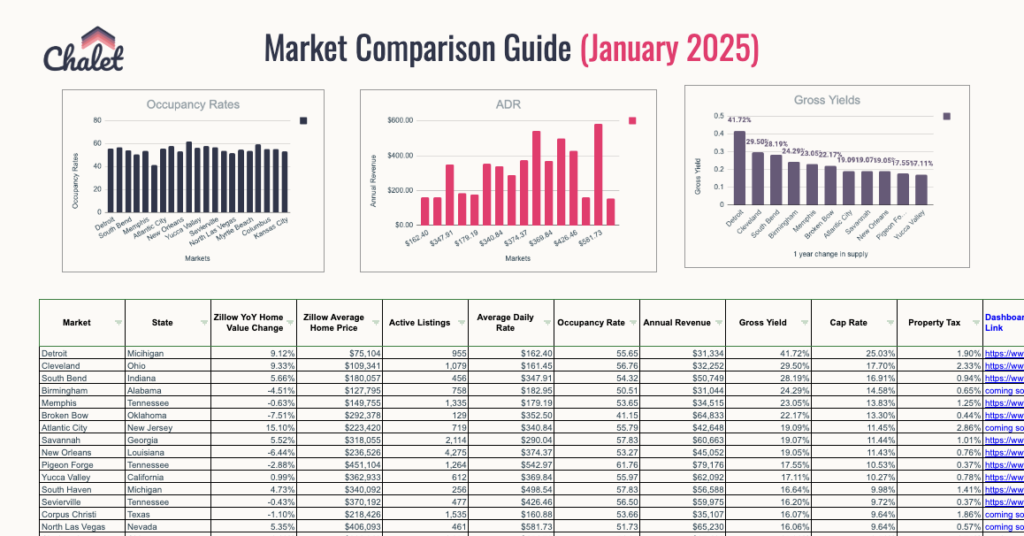Introduction
Crystal Beach, TX, a charming coastal destination on the Bolivar Peninsula, has become a hotspot for short-term rental properties, particularly through platforms like Airbnb. The allure of beautiful beaches, fishing, and a relaxed atmosphere draws countless visitors, making it an attractive market for property owners.
However, like many popular tourist destinations, Crystal Beach has implemented specific regulations to manage the growth and impact of short-term rentals. This blog post will delve into the key regulations you need to know if you’re considering renting out your property on Airbnb in Crystal Beach, TX.
The Rise of Airbnb in Crystal Beach
The popularity of short-term rentals has surged in recent years, driven by the convenience and affordability they offer to travelers. Airbnb, a leading platform in the industry, has played a significant role in this trend. In Crystal Beach, the increase in Airbnb listings has provided a boost to the local economy, offering tourists an array of accommodation options and owners an opportunity to generate additional income.
Local Regulations for Short-Term Rentals
Registration and Licensing
In Crystal Beach, property owners who wish to list their homes on Airbnb or other short-term rental platforms must comply with local regulations that often include registration and licensing requirements. Typically, this process involves:
- Registering the Property: Property owners must register their short-term rental properties with the local government. This ensures that the property is known to authorities and meets all local safety and zoning requirements.
- Obtaining a Short-Term Rental License: Along with registration, owners may need to obtain a specific short-term rental license. This license certifies that the property is legally allowed to operate as a short-term rental.
- Paying Applicable Fees: Both registration and licensing usually come with associated fees. These fees contribute to the administrative costs of managing short-term rentals and ensuring compliance with local laws.
Top 100 Airbnb Rental Markets

Instantly compare top 100 short-term (Airbnb) rental markets in the US
Zoning Laws
Zoning laws in Crystal Beach regulate where short-term rentals can be located. These laws are designed to balance the needs of the residential community with the influx of tourists. Key zoning regulations include:
- Zoning Districts: Crystal Beach is divided into various zoning districts, each with its own set of rules regarding short-term rentals. Some areas may be designated specifically for residential use, while others may allow for more commercial activity, including short-term rentals.
- Occupancy Limits: Zoning laws often impose limits on the number of occupants a short-term rental can host. This is to ensure that the property is not overcrowded and that the neighborhood maintains its character and livability.
Safety and Health Standards
Ensuring the safety and well-being of guests is a top priority. Crystal Beach has implemented several health and safety regulations for Airbnb and other short-term rentals, including:
- Smoke and Carbon Monoxide Detectors: Properties must be equipped with functional smoke and carbon monoxide detectors. These devices are essential for protecting guests in the event of a fire or gas leak.
- Fire Extinguishers: A readily accessible fire extinguisher must be available on the property. This provides a means to quickly address any fire emergencies.
- Sanitation Requirements: Properties must adhere to local sanitation standards, ensuring that they are clean and safe for guests. This includes proper waste disposal and pest control measures.
Taxation on Short-Term Rentals
Hotel Occupancy Tax
In Crystal Beach, short-term rental properties are subject to a hotel occupancy tax. This tax is applied to the rental income generated from the property and is collected by the property owner from the guest. The revenue from this tax supports local infrastructure and tourism initiatives. The specifics include:
- Rate of Tax: The hotel occupancy tax rate can vary, but it is generally a percentage of the rental charge. Property owners must ensure they collect this tax from guests and remit it to the local government.
- Filing and Payment: Property owners are responsible for filing regular tax returns and making timely payments to the local tax authorities. Failure to comply can result in penalties and interest charges.
Enforcement and Penalties
To ensure compliance with short-term rental regulations, Crystal Beach authorities actively monitor and enforce these rules. Enforcement measures include:
- Inspections: Local officials may conduct periodic inspections of short-term rental properties to verify compliance with safety, health, and zoning regulations.
- Fines and Penalties: Non-compliance with short-term rental regulations can result in fines and other penalties. These may include financial penalties, suspension of rental licenses, or legal action.
Resources for Airbnb Hosts in Crystal Beach
Staying informed about the latest regulations and best practices is crucial for successful Airbnb hosting in Crystal Beach. Here are some valuable resources:
- Crystal Beach Local Government Website: Provides detailed information on registration, licensing, and zoning laws for short-term rentals.
- Airbnb Help Center: Offers guidance on compliance with local regulations and best practices for hosting.
- Local Real Estate Professionals: Can provide insights into the local market and help navigate the regulatory landscape.
Conclusion
Navigating the regulatory environment for short-term rentals in Crystal Beach, TX, requires diligence and attention to detail. By understanding and adhering to local regulations, Airbnb hosts can ensure they operate within the law while providing a safe and enjoyable experience for their guests. Staying informed and utilizing available resources will help property owners succeed in this thriving market.
References
- Crystal Beach Local Government Website
- Airbnb Help Center
- Local Real Estate Agencies and Professionals in Crystal Beach

